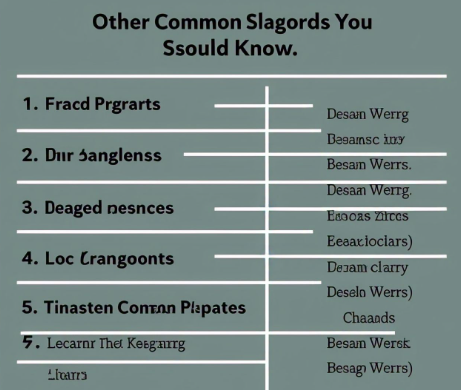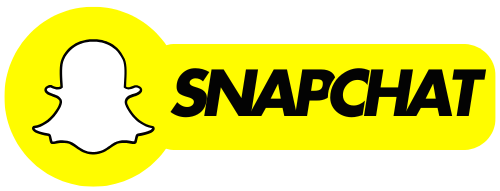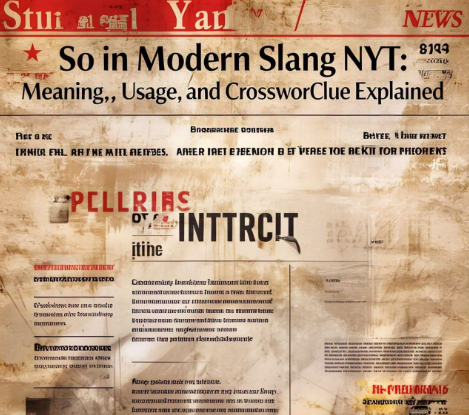So in modern slang NYT—what does it really mean? If you have seen this phrase in The New York Times crossword puzzle or heard it in casual conversations, you might be curious about its meaning. In today’s world, slang changes fast, and staying updated is important.
Slang words like “so” have taken on new meanings over time. While “so” is usually used to start a sentence or emphasize something, in modern slang, it can mean something different. In this article, we will explore what “so in modern slang” really means, how it is used, and why it appeared in the NYT Mini Crossword.
Table of Contents
What Does “So in Modern Slang NYT” Mean?
“So” is a small word, but in modern slang, it can mean much more. It is often used to add emphasis or attitude to a sentence. Sometimes, it replaces words like “very” or “really” to express strong feelings.
For example, instead of saying, “That movie was very good,” someone might say, “That movie was so good!” This small change makes the sentence sound more casual and natural. People also use “so” to show doubt or sarcasm.
In The New York Times Mini Crossword, slang words like “so” appear as clues or answers. Crossword creators include these words to keep puzzles fresh and relatable. If you ever see “so in modern slang” in a crossword, think about how people use it in real life!
The Origin of “So” in Modern Slang
“So” has been part of English for a long time, but its slang usage became more common in recent years. Social media and pop culture have played a big role in making it popular.
Teenagers and young adults often use “so” in texting and online posts. They stretch out the word for extra emphasis, like “Sooo happy right now!” This casual way of speaking is now common in everyday conversations.
TV shows, movies, and music also influence slang. Characters in popular series often use “so” in a dramatic or sarcastic way, making it even more popular. Over time, people start using these phrases without thinking about their origins.
How “So” is Used in Daily Conversations
People use “so” in many ways, depending on the situation. It can express excitement, agreement, or even surprise. Here are a few common ways it appears in conversations:
- To emphasize: “I am so tired today!”
- To agree: “That concert was amazing!” – “So true!”
- To question: “So… what do we do next?”
- To be sarcastic: “Oh, so now you’re interested?”
Each of these examples shows how “so” can change the tone of a sentence. It adds personality and emotion, making speech more expressive.
Why NYT Uses Modern Slang in Crossword Puzzles
The New York Times Mini Crossword includes slang words like “so” because they reflect how people speak today. Crossword puzzles are not just about old words; they also include modern phrases to stay fun and fresh.
Many people enjoy solving The Mini because it is quick and engaging. Adding slang makes the puzzles feel more current and relatable to younger players. This way, both new and experienced crossword fans can enjoy the challenge.
Keeping up with modern slang helps crossword lovers solve clues faster. If you know how “so” is used in everyday talk, it becomes easier to guess the answer when it appears in a puzzle.
Examples of “So” in Modern Slang Sentences
“So” is a flexible word, and it appears in many types of conversations. Here are some real-life examples:
- “That cake is so good!” (Emphasizing quality)
- “So, are we leaving now?” (Starting a question)
- “You are so not ready for this!” (Adding attitude)
- “I’m so over it.” (Expressing frustration)
These examples show how “so” makes speech more dynamic. Understanding its different uses helps people recognize slang in daily life and crossword puzzles.
Other Common Slang Words You Should Know

Slang changes all the time, and new words appear every year. Along with “so,” there are many other modern slang words that people use daily.
Popular slang words today:
- “Mid” – Means average or not very good.
- “Deets” – Short for details.
- “Bet” – Means “okay” or “for sure.”
- “Sus” – Short for suspicious.
- “Vibe” – Describes a feeling or atmosphere.
Learning slang helps people communicate more naturally, especially with younger generations. These words also often appear in crossword puzzles, so knowing them can be useful!
How NYT Mini Crossword Introduces New Slang
The NYT Mini Crossword is famous for adding modern slang words. This keeps the game fun and makes sure it stays up to date with language trends.
Why does NYT use slang in puzzles?
- To make puzzles relatable – Players enjoy seeing words they use in daily life.
- To challenge solvers – Modern slang can be tricky, making puzzles more interesting.
- To stay relevant – Language evolves, and crossword creators want puzzles to reflect that.
By including words like “so,” The Mini helps people learn new slang in a fun way. If you love crossword puzzles, keeping up with modern slang will improve your solving skills!
Fun Ways to Learn and Use Modern Slang
If you want to understand slang better, there are many fun ways to learn. Practicing with real conversations and games can help improve your skills.
Tips for learning slang:
- Watch TV shows and movies – Pay attention to how characters use slang.
- Read social media posts – Platforms like Twitter and TikTok are full of new slang.
- Talk to younger people – They often know the latest slang trends.
- Try crossword puzzles – The NYT Mini is a great way to learn new words.
By practicing regularly, you will start to recognize slang naturally. This will help you in daily conversations and even when solving crossword puzzles!
Conclusion
“So in modern slang NYT” is a phrase that many crossword solvers have come across. The word “so” has a special place in modern language, adding emphasis, emotion, and personality to conversations.
Understanding slang helps people communicate better and solve crossword puzzles more easily. Whether you’re playing The Mini or just trying to keep up with everyday language, knowing modern slang is always useful. Keep exploring new words and enjoy the fun side of language!

